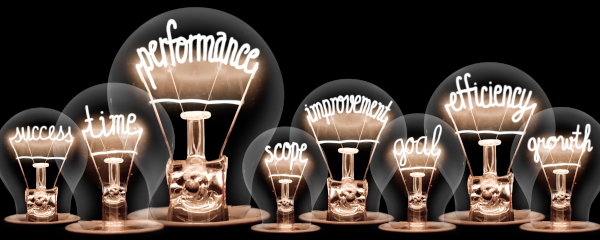Do you know the flow-on effects of stress and pressure? And what the motivators are for some of our behaviour?
Ron Carucci [Harvard Business Review: 2017: www.hbr.org] says because our brain is hard-wired to be more reactionary under stress and pressure we will:
- Resort to binary choices, limit options and form premature conclusions
- Use tried and true approaches and on some level shut down
- Counter anxiety by over simplifying options
- Increase our control mechanisms and then no-one is happy.
Basically, our decision-making and our communication with others becomes compromised on many levels.
Oh my, does any of this happen to you? I know it does with me!
Well we are programmed to want to survive so our fight and flight system is firing us up on the inside.
If our emotions drive our behaviour and then we revert to type – then what?
Here are some hypotheticals depending on your preferred work styles:
- If we are amiable we may suppress our frustrations and end up being silent and a bit unhappy
- If we are direct we may externalise our frustration and ask questions that may put others on the spot which may lead them to feel uncomfortable
- If we are impatient and extroverted then we may vocalise our issues and potentially be seen as too emotional, reactionary and unable to control our responses so not to be trusted!
Does that all sound a bit tricky? And you don’t know what to do?
Here are some steps you may want to think about to take some action in finding out more about yourself to limit this happening to you:
- Know Thyself. Self-awareness is so important. If you don’t know what you don’t know nothing changes. Look at the Johari Window Model at communicationtheory.org. Team Management Profiling is another brilliant tool that will help you understand yourself: check out their website they are a fabulous group that can help you www.tmsoz.com and contact me too.
- Be clear about your needs and wants. Maslows Hierarchy of Needs may help psychologytoday.com. I know I know, Maslows’ model has come under fire a little and I still think its valuable because it’s pretty solid and gets you thinking about issues like security, safety and social needs – we are social beings and we want to belong to something right! There are so many articles about “Finding your Tribe”! www.wellbeing.com.au and also go to Simon Sinek’s website: www.simonsinek.com who is a leadership guru on finding your tribe.
- It’s important to become an observer of yourself, what you do and what you say. And ask yourself the most powerful question possible: “why?” Why are you choosing to respond in this way? Here’s an example:
- If you haven’t found your tribe and you want to belong you might behave in a way that will get you accepted. The underpinning driver is that you want to be liked. You may give out too much information or you may cave in so you are acknowledged and valued by the group. It is important to understand why this is happening for you because it may go against your values and there will be some inner tension.
Now here’s the thing:
Its cyclical. There’s this perpetual pattern that takes place:
- We feel stress and pressure,
- It compromises our decision-making and communication
- We revert to type becoming more ‘amiable’, ‘direct’ or ‘extroverted’
- This leads to others making assumptions about us that may be inaccurate
- We don’t understand why we haven’t found our tribe
- We compromise our values
- Make poor decisions…..and so around and around it goes…
Often people don’t see the pattern or understand why issues are being repeated in the workplace. We hunker down and we don’t give each other open feedback. If you think you need some coaching about these issues or any others, please let me know.
I am just an email or a phone call away.




